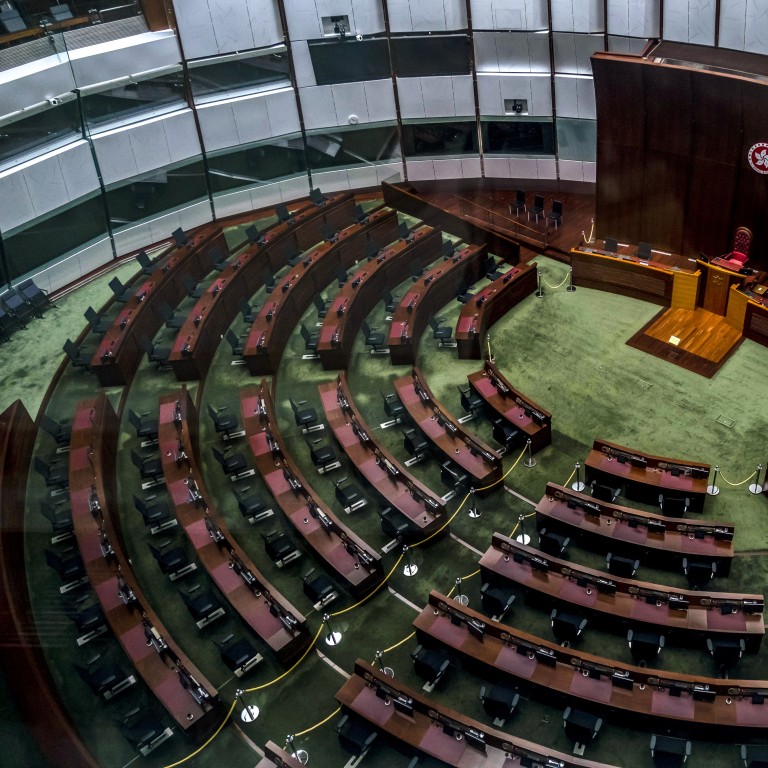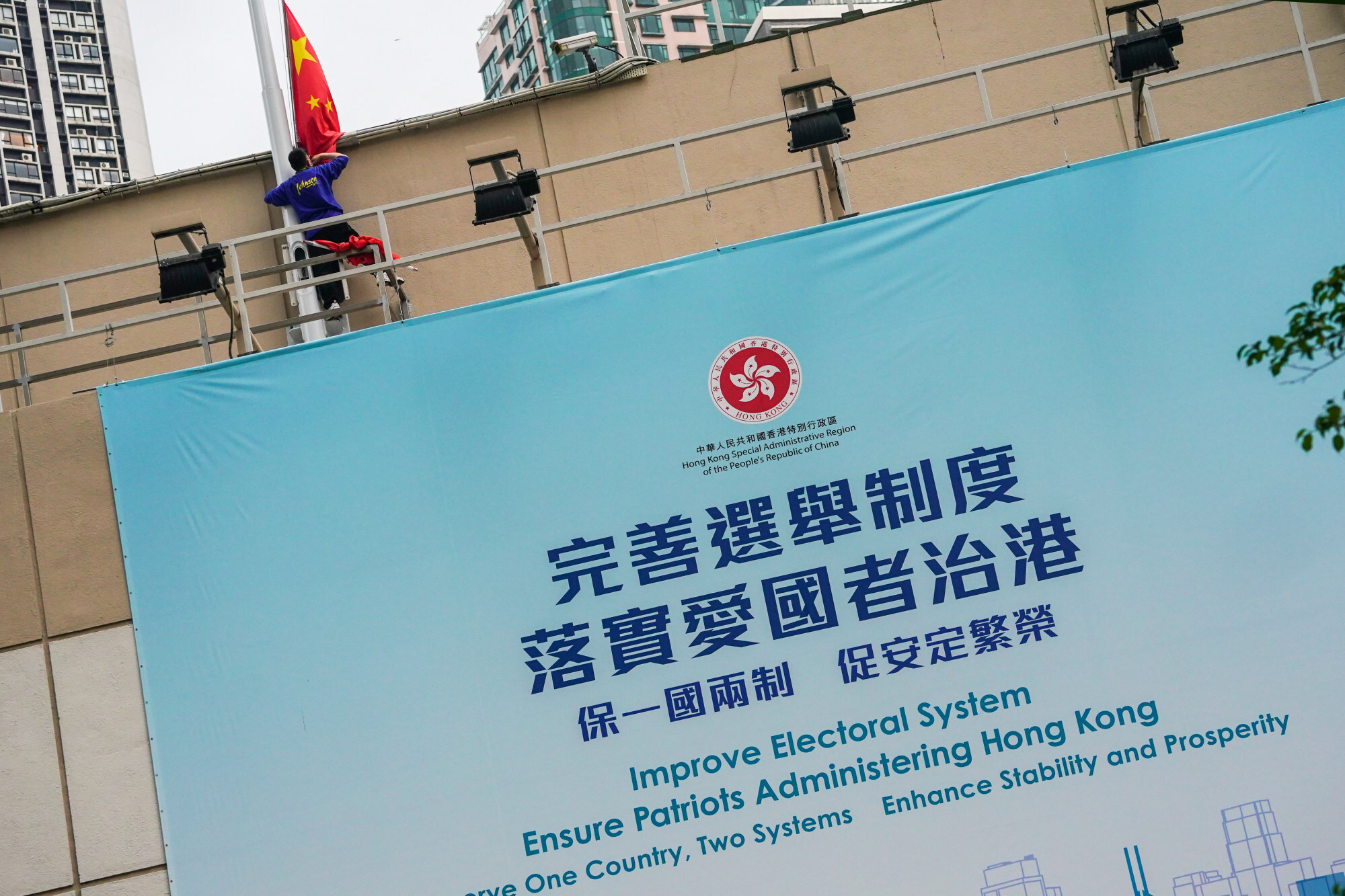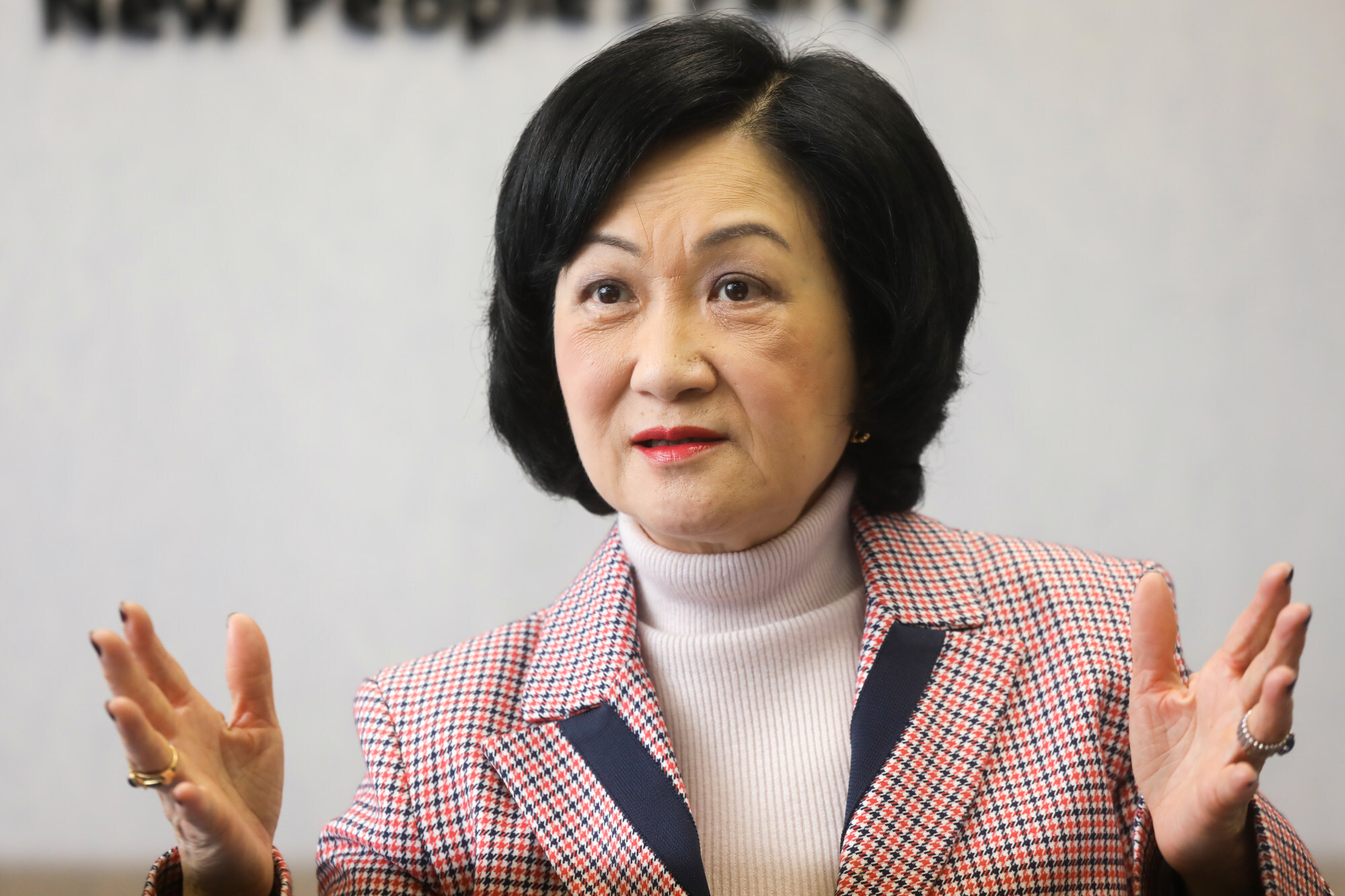
Hong Kong’s electoral overhaul goes much deeper than quashing anti-China opposition, it’s pushing city to mirror mainland ways, analysts say
- Endorsement of mainland-Chinese institutions expected to increasingly become a necessity for professionals on powerful Election Committee, subsectors seen as traditional strongholds of pan-democrats
- Tuesday’s sweeping overhaul of political system represents broader ambition to realign city’s social and economic structures as well, one political scientist argues
Some key moves, they argue, reflect Beijing’s desire to reorder Hong Kong’s political system so it more closely mirrors the one found in mainland China, where institutional recommendations and endorsement are needed to rise through elite ranks.
The need to ensure some sort of mainland-linked endorsement has become clear in several subsectors of the revamped committee, primarily ones involving groups such as accountants, lawyers and doctors.
The professionals sector from which those groups hail – one of five that comprise the Election Committee – was the traditional stronghold of pan-democrats in previous polls, giving them influence, if not a kingmaker role, when combined with votes from the social welfare sector.
After the overhaul, half of the 30 seats earmarked for the technology and innovation subsector in the professionals sector will now be nominated from among Hong Kong fellows of the Chinese Academy of Sciences and the Chinese Academy of Engineering.
Half of the 30 seats reserved for the accountancy subsector will be nominated from among Hong Kong accounting advisers appointed by the Ministry of Finance. Nine of the 30 members of the legal subsector will be nominated from among local members of the Council of the China Law Society.
Ray Yep Kin-man, a political scientist at City University, said the logic of Beijing’s plan for Hong Kong was to copy the mainland’s hierarchy ladder and change the character of the city’s politics.

“From now on, Hong Kong professionals have to get recognition or positions in key mainland institutions if they want to take part in politics or take their own career to new heights,” he said. “It’s more useful than joining autonomous or indigenous professional bodies in Hong Kong.”
Yep, who has been following the city’s political development since the 1980s, views Beijing’s plan as an attempt to integrate Hong Kong’s system with the mainland’s. “It’s also a move to tighten control of Hong Kong’s civil society,” he said.
Professionals have enjoyed clout in Hong Kong’s political arena since the British colonial days. In a white paper on furthering the development of representative government in 1984, the government decided 12 legislators would be returned by nine functional constituencies the following year.
“Full weight should be given to representation of the economic and professional sectors of Hong Kong society, which are essential to future confidence and prosperity,” the paper stated.
The election of the first group of functional constituency legislators – including names such as Martin Lee Chu-ming and Szeto Wah – in 1985 marked the beginning of democratic changes in the Legislative Council.
The central government trusts no one, not even the Hong Kong government and local tycoons
Functional constituencies representing professions such as law, accountancy and information technology have been consistently dominated by the pan-democrats since the handover from Britain to China in 1997.
Ivan Choy Chi-keung, a political scientist at Chinese University, said he believed the “root-and-branch overhaul” of the electoral system represented an ambition that went beyond fundamentally remaking the political landscape, to actually realigning the jurisdictions’ economic and social structures.
“It reflects a take-no-chances approach with Chinese characteristics to fully integrate Hong Kong with the mainland,” said Choy, pointing to the inclusion of Hong Kong representatives in mainland organisations, such as the Chinese academies of sciences and of engineering.
“The central government trusts no one, not even the Hong Kong government and local tycoons,” he said.
“It will definitely send a signal to those who want to rise up the greasy pole in Hong Kong politics about where to channel their energies and cultivate their advancements, which is to enter mainland-affiliated bodies.”

Barrister Stephen Char Shik-ngor, who was elected in the 2016 Election Committee’s legal subsector poll, said the overhaul marked “a significant regression” in Hong Kong’s democracy.
Simon Young Ngai-man, a legal scholar from the University of Hong Kong, said “what we are seeing now is a greater shift towards national interests relevant to Hong Kong”.
“If currently there are no ‘Hong Kong members’ in these mainland organisations, then this reform will serve as a catalyst for Hong Kong people to be more concerned and engaged in matters of state. This will serve the long-term interests of Hong Kong,” he said.
Lau Siu-kai, vice-president of the semi-official Chinese Association of Hong Kong and Macau Studies, said Beijing wanted to undercut the influence of pan-democrats in the professionals sector by moving in more mainland-linked professionals.
“The inclusion of professionals with links to mainland institutions also highlights the ‘one country principle’, as they look at matters from a national perspective,” he said.
The central government is bringing everything back on the right rail so that Hong Kong can move forward
Starry Lee Wai-king, chairwoman of the pro-Beijing Democratic Alliance for the Betterment and Progress of Hong Kong, defended the move to increase the number of mainland-affiliated representatives on the Election Committee as meeting the actual needs of Hong Kong.
“These representatives did not play a part in the Election Committee and the Legislative Council in the past, but I think it is time to enhance their representation in local politics.”
But Democratic Party chairman Lo Kin-hei said the overhaul had flung the electoral system back to the “pre-1997 situation”, moving the city further away from attaining the ultimate goal of universal suffrage as promised in the Basic Law, the city’s mini-constitution.
Regina Ip Lau Suk-yee, a member of Carrie Lam’s de facto cabinet and chairwoman of the New People’s Party, said democratic development in Hong Kong could not be simply judged by the degree of “elective participation”.
“The expansion of election elements throughout the decades have not served Hong Kong well. Instead the democratic development is going in a downward spiral,” she said, citing opposition politicians’ involvement in the anti-government protests in 2019.
“The central government is bringing everything back on the right rail so Hong Kong can move forward.”
Additional reporting by Natalie Wong


